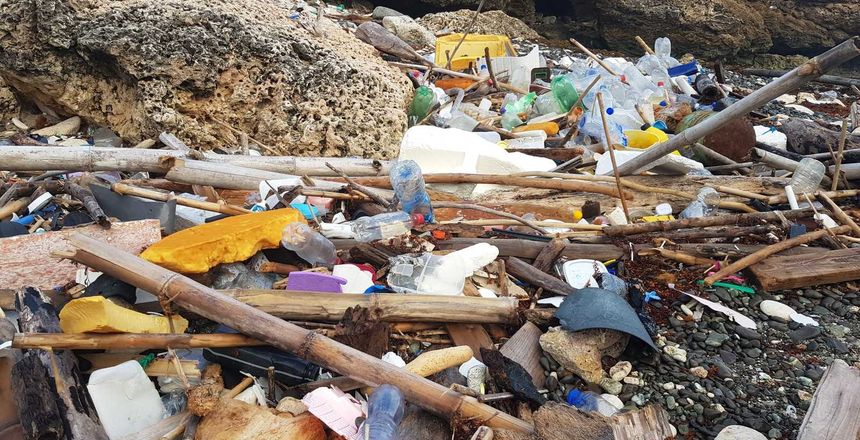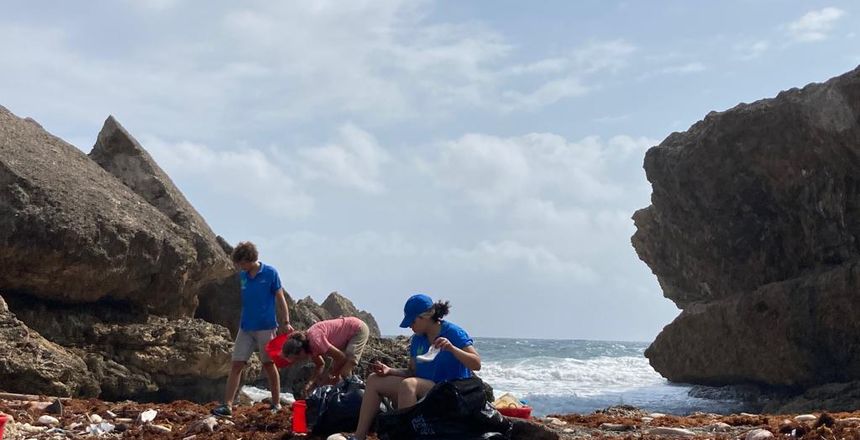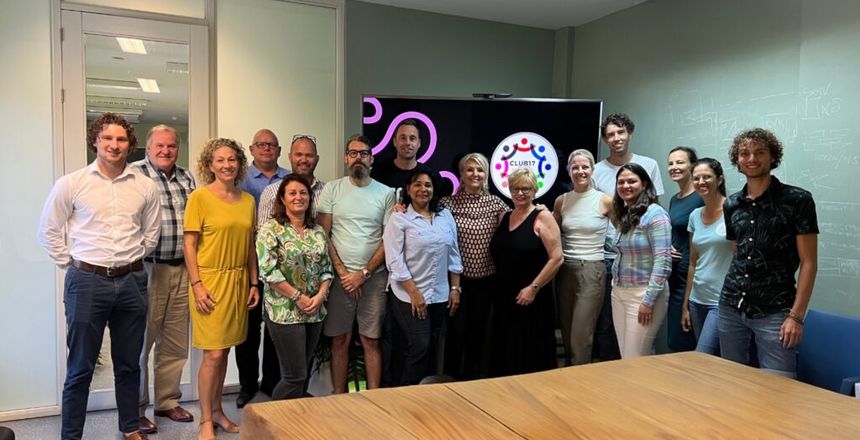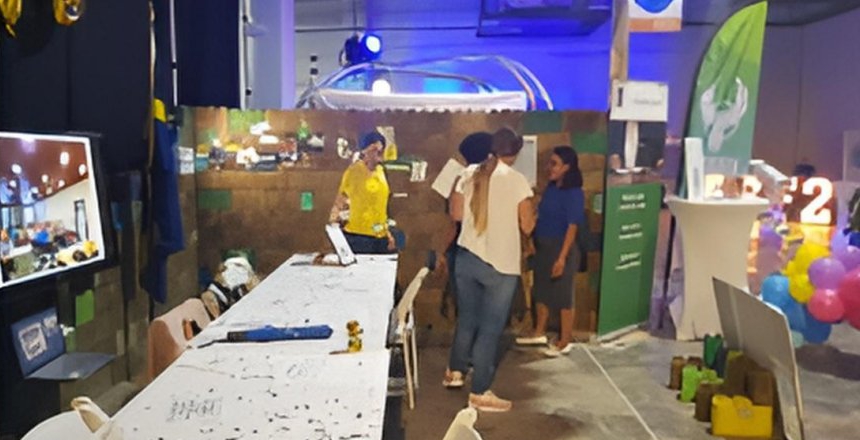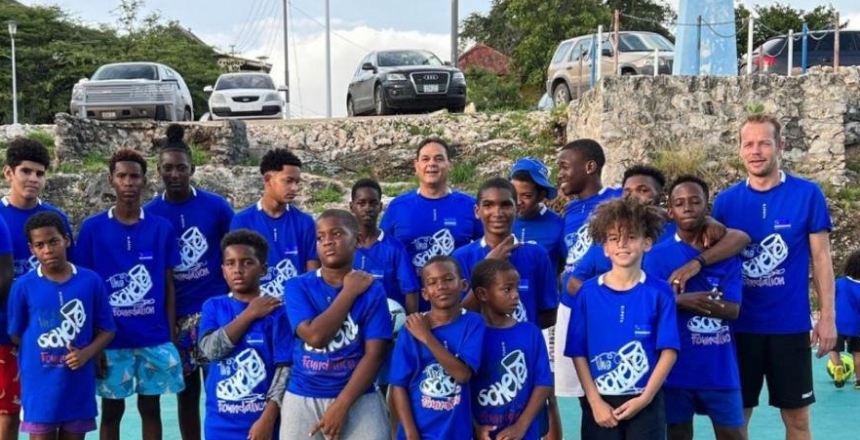Projects Circular Economy
2 min.
The skip the straw-movement is a social and environmental movement that encourages people to skip single-use plastic straws. The movement aims to reduce plastic pollution in the Caribbean Netherlands and the rest of world, while also raising awareness about the harmful impact of plastic waste on the environment. The sad reality is that plastic straws represent only one type of plastic item that is only used for a few minutes, before being discarded, after which it can take an eternity for them to break down. Unfortunately, like many other discarded plastic items, straws often end up in the marine environment, harming marine life and ecosystems.
Global crisis with devastating consequences
We’re in a global plastic crisis and it’s of the utmost importance that individuals reduce their personal plastic use. The skip the straw-movement has gained significant momentum and it has motivated many individuals, restaurants and other businesses to stop using plastic straws.
However, plastic production is an ever-growing industry and only a small percentage of the plastic that is produced is recollected to be recycled. Polymers, the molecules that make up plastics, that cannot be recycled as still vastly used with devastating consequences for the environment, human health and small economies.
Straws should not distract from bigger picture
So, to me it seems that whilst I naturally encourage all the awareness for the underestimated dangers of single-use plastics that is being created through campaigns like 'Skip the straw', I fear that it is distracting from the much larger issue at hand. I fear that it can lead people to think that the solution can be found by simply making more sustainable choices, while it some ways it’s practically impossible to make sustainable choices, especially for local populations of small island developing states.
We need systemic change that leads to a circular economy for plastics. The first step is to ban all plastic types that cannot be recycled in a safe and responsible manner. Plastic straws should definitely be part of the ban, however the overall issue is so much bigger.
Written by our very own Future Guide, Sabine Berendse.
Sabine is the founder of Green Phenix, for a circular Dutch Caribbean economy.
Green Phenix is committed to creating a circular and inclusive economy in the Caribbean. One project, "To reduce Curaçao’s plastic pollution in the marine environment by promoting innovative and creative recycling, public awareness, and education" is supported by RESEMBID. RESEMBID is funded by the European Union and implemented by Expertise France - the development cooperation agency of the Government of France. It supports sustainable human development efforts in 12 Caribbean Overseas Countries and Territories (OCTs).
For more information about the programme, please visit www.resembid.org.

